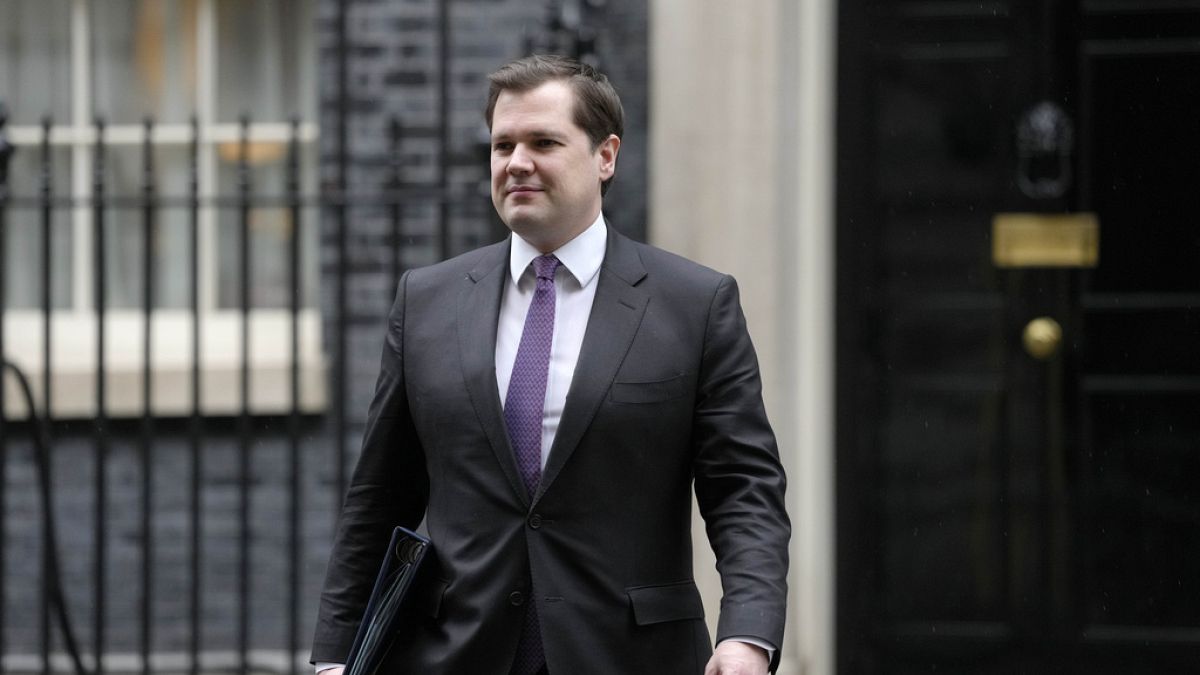According to a new study from the Centre for Policy Studies, migration to the UK is putting pressure on housing, public services and infrastructure. However, other countries take a different stance, with some viewing migration as beneficial for their economies.
High levels of immigration have failed to enhance the economy and have worsened the housing crisis in the UK, according to a new report from the Centre for Policy Studies (CPS).
The study by the centre-right think-tank was co-authored by former immigration minister Robert Jenrick. It argues that about 89% of the 1.34 million rise in England's housing deficit over the last decade has been due to net migration.
Additionally, 67% of private rented households in London are headed by individuals born overseas, as were 33% of new social housing placements in the London borough of Brent in 2022/23.
"Large-scale migration has not delivered the economic benefits its defenders argue it should – with the era of mass migration coinciding with a significant slowdown in GDP per capita growth," former Conservative minister and co-author of the report, MP Neil O’Brien, said.
And he stressed, "It has also put significant strain on public services and infrastructure: migrants may bring skills with them but they cannot bring additional roads, school places, or GP surgeries. Unprecedented levels of migration have put upward pressure on rents and house prices."
The report calls on the Government to implement limits on legal immigration to alleviate excessive pressure on British infrastructure and public services. It argues that this could be done by adjusting salary requirements for visa eligibility to match inflation and imposing an immediate cap on health & care visas at 30,000, similar to the level seen in 2021.
"The changes we propose today would finally return numbers to the historical norm and deliver the highly-selective, highly-skilled immigration system voters were promised," Mr Jenrick said.
"These policies could be implemented immediately and would consign low-skilled mass migration to the past."
However, other European countries, including Germany, take a different line, according to a recent study by the Institute for Employment Research (IAB) in Nuremberg.
As reported by Euronews last week, among those who arrived in the country in 2015, 64% were employed in 2022, compared to 77% of the broader German population.
IAB reported that 90% of workers in this group paid social security contributions, and the median gross hourly wage for arrivals in 2015 was €13.70, despite any difficulties that might arise at the beginning.
"Due to institutional and individual hurdles, particularly at the beginning of the refugees' stay, employment rates are still low at less than 10% in the first year after arrival," noted the IAB, referring to the refugee population as a whole.
"However, employment rates rise significantly as the length of stay increases: On average, they reach 57% six years after immigration, 63% seven years after immigration and 68% for stays of eight years or more."



